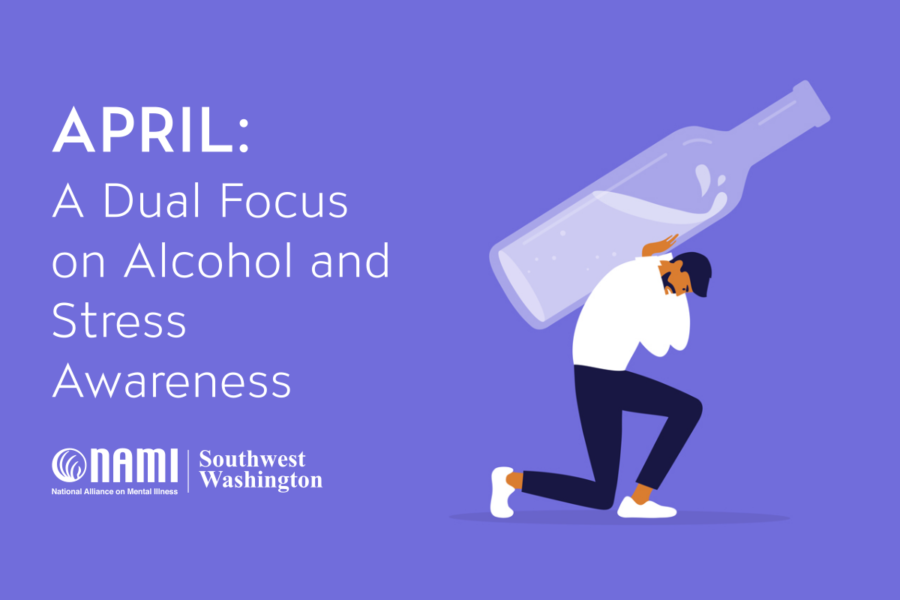April ushers in not just the bloom of spring but also marks the observance of two critical health awareness campaigns: Alcohol Awareness Month and Stress Awareness Month. These commemorations serve as poignant reminders of the complex interplay between stress management and alcohol use, urging us to reflect on our habits and coping mechanisms. This month, let us delve into understanding these intertwined issues and explore strategies for fostering well-being.
Understanding the Links Between Stress and Alcohol
Stress is an inevitable part of life, stemming from various sources such as work demands, personal relationships, or health concerns. While a moderate amount of stress can be a motivator, chronic stress can have detrimental effects on both mental and physical health, leading to issues like anxiety, depression, and heart disease.
Alcohol, on the other hand, is often used as a coping mechanism for stress. Initially, it may seem like a quick fix, providing temporary relief and relaxation. However, reliance on alcohol to manage stress can spiral into a dependency, exacerbating mental health issues and leading to a cycle of increased stress and alcohol use.
The Impact of Alcohol on Health
Alcohol Awareness Month shines a light on the importance of understanding alcohol’s impact on health. Excessive alcohol use can lead to a host of health issues, including liver disease, heart problems, and an increased risk of certain cancers. Moreover, it can impair judgment, leading to accidents and injuries. Recognizing the signs of alcohol dependency and understanding the risks are crucial steps towards making informed choices about alcohol use.
Strategies for Managing Stress Without Alcohol
Managing stress in healthy ways is key to breaking the cycle between stress and alcohol use. Here are some strategies:
- Exercise: Regular physical activity can significantly reduce stress levels, improve mood, and enhance overall health.
- Mindfulness and Meditation: These practices can help center your thoughts, calm your mind, and reduce stress.
- Hobbies and Interests: Engaging in activities you enjoy can be a great way to relieve stress and find fulfillment.
- Support Systems: Talking with friends, family, or a support group about your stresses can provide relief and a sense of community.
- Professional Help: Sometimes, consulting a mental health professional is necessary to develop coping strategies and manage stress effectively.
Taking Action
This April, let’s commit to taking action. Whether it’s reassessing our own drinking habits, offering support to someone who might be struggling, or implementing healthier stress management techniques, every step counts. Resources are available, from local support groups to online tools, to help navigate the challenges of stress and alcohol.
—
The observance of Alcohol Awareness Month and Stress Awareness Month serves as a powerful reminder of the need for awareness, education, and proactive measures in addressing stress and alcohol use. By understanding the links between these issues and adopting healthier coping mechanisms, we can foster a healthier, more resilient community.




